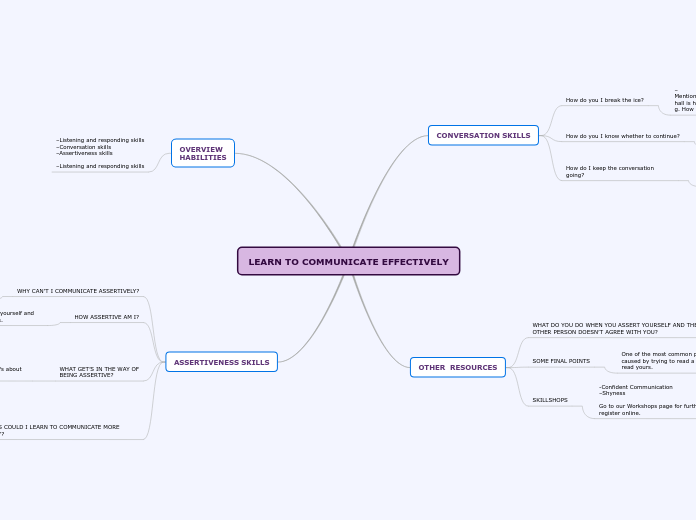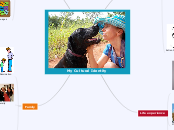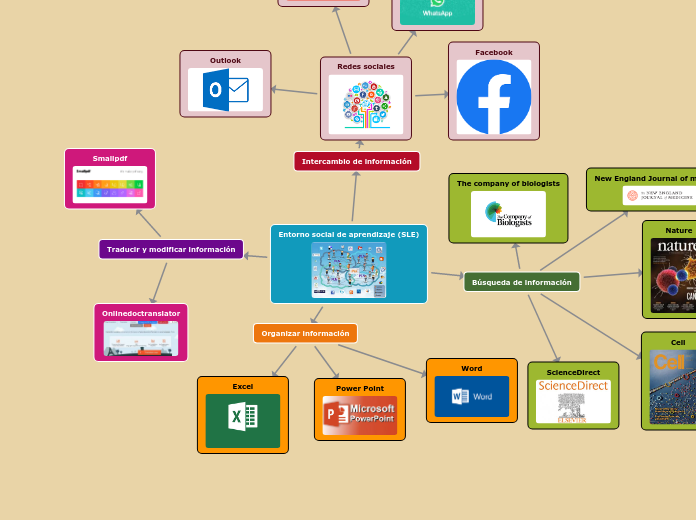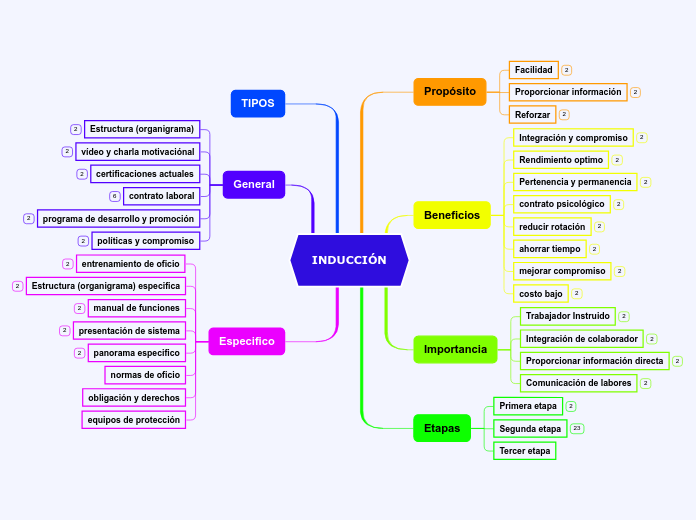por Belo Herrera hace 4 años
154
Learn to communicate effectively
Effective communication is crucial, especially when encountering disagreements. One should offer compromises without compromising self-respect. Skills like confident communication and overcoming shyness can be honed through workshops.









